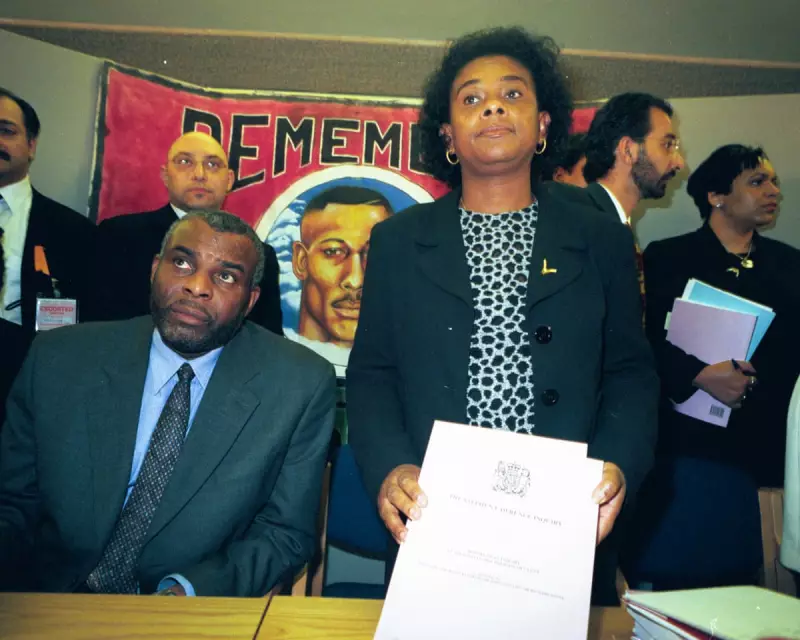
A former police officer who was officially identified as holding racist views is mounting a dramatic legal challenge to avoid giving evidence to the public inquiry investigating the undercover policing of the Stephen Lawrence family campaign.
The officer, known only as 'N81' for legal reasons, is seeking a judicial review to challenge the inquiry's decision to compel his testimony. This marks the first time anyone has attempted such legal manoeuvres to evade the long-running Undercover Policing Inquiry.
Secret Identity and Racist Views Exposed
N81 served with the Metropolitan Police's Special Demonstration Squad between 1995 and 2000, during the crucial period following Stephen Lawrence's murder. The inquiry has already heard compelling evidence that the officer held racist views, confirmed by risk assessments conducted by his own force.
Despite these findings, N81 maintains that providing evidence would violate his right to private and family life under the European Convention on Human Rights. His legal team argues that the risk of identification outweighs the public interest in his testimony.
Lawrence Family 'Appalled' by Legal Challenge
Representatives for the Lawrence family have expressed profound disappointment at the officer's attempts to avoid scrutiny. A spokesperson for the family stated they were "appalled but not surprised" by the development, highlighting what they see as a continued pattern of obstruction.
"This officer wants all the privileges of having been a police officer but none of the accountability," the family's statement read. "The public deserve to know why someone with racist views was deployed to police the campaign for justice for Stephen."
Inquiry's Determination to Uncover Truth
The Undercover Policing Inquiry, chaired by Sir John Mitting, has firmly rejected N81's arguments. In his ruling, Mitting stated that the officer's evidence was "important to the investigation" and that the inquiry had taken extensive measures to protect his identity.
Legal experts suggest the case could set a significant precedent for how the balance between transparency and privacy is handled in sensitive public inquiries. The outcome may influence whether other reluctant witnesses attempt similar challenges.
The hearing for the judicial review is expected to take place in the coming months, potentially further delaying the already protracted inquiry that aims to finally uncover the truth about police spying on the Lawrence family and other justice campaigns.





